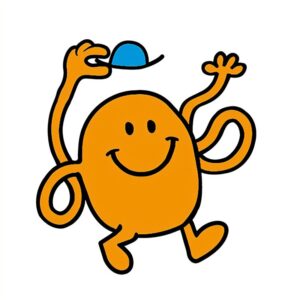
A sense of touch is important for overall health and happiness.
We have so many sensory receptors in the epidermis, the dermis, and the hypodermis (the layers of the skin), each has a job, from detecting heat and cold, pain and pleasure, to name just a few.
So it shouldn’t come as a surprise that touch has therapeutic importance; a full-body massage can ease symptoms of disease and improve immunity. The massaging action stimulates neural pathways to allow the brain to lower levels of stress hormones.
Yet here’s a fun fact...
Even with all these receptors in our skin, it is IMPOSSIBLE to tickle ourselves.
Why? Our brains tracks the body’s motions (through proprioceptors) and then anticipates the tickle. You know where your own fingers are moving and even what it will feel like.
The cerebellum can tell the difference between your fingers and someone else’s fingers, but it doesn’t know where those fingers will tickle. Voila! The tickling sensation.
During Brain Awareness Week, we're sharing fun ad brainy facts. Click here for more information about Brain Awareness Week and supporting a healthy brain!
The Brain Coach Blog is written by executive function coach Mary Turos. Based in Belair, MD, Mary is affectionately known as 'The Brain Coach" for her work helping people achieve harmony using strategies based in neuroscience.